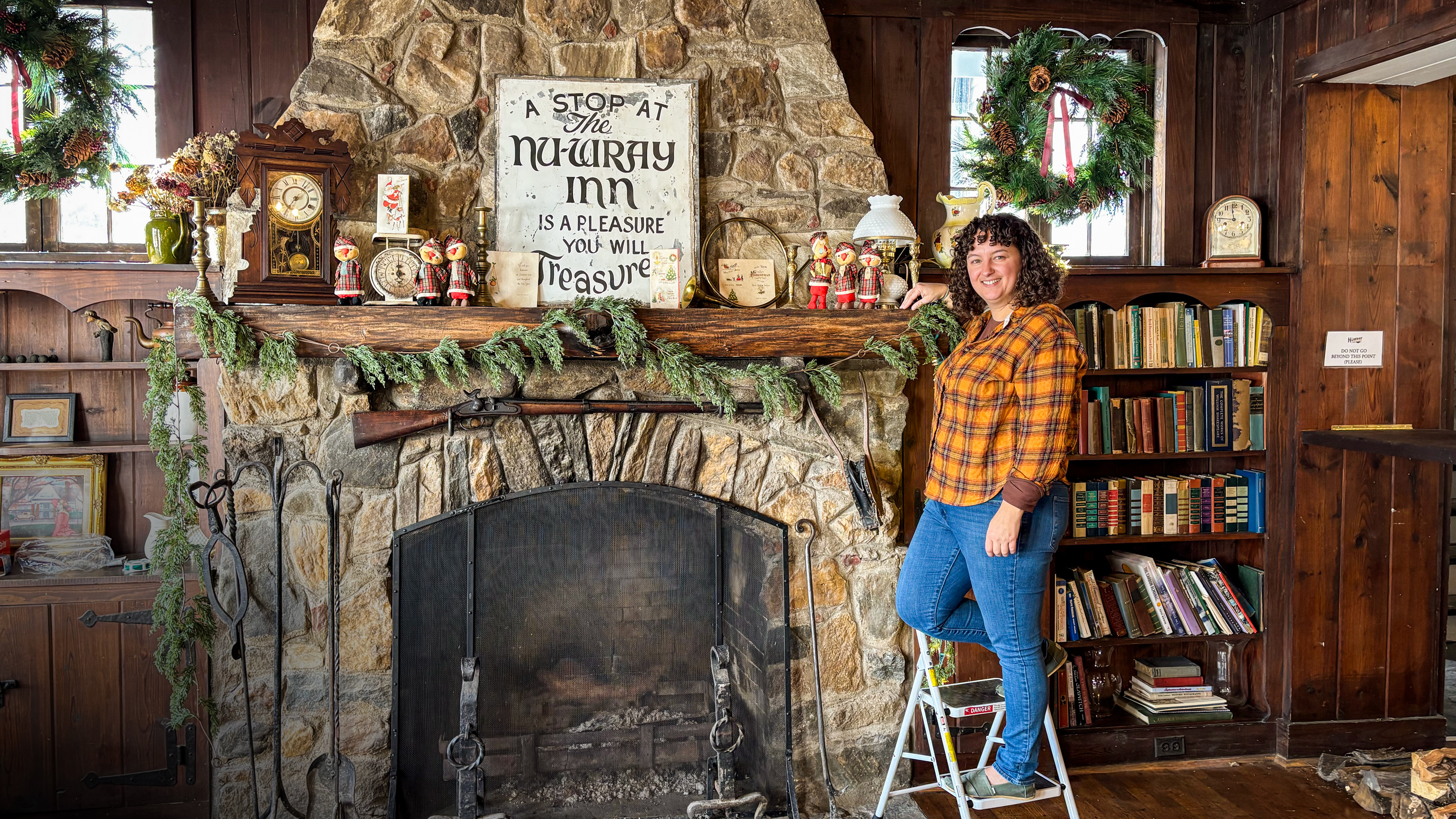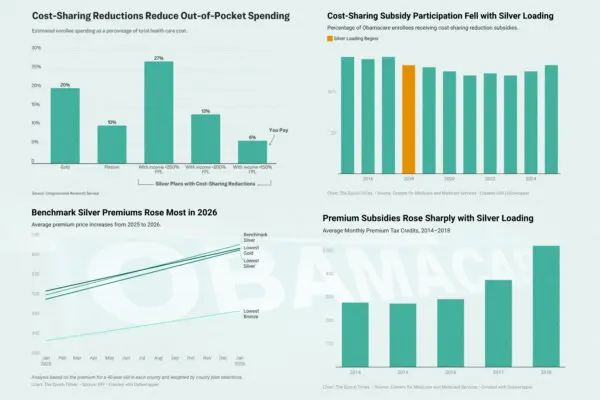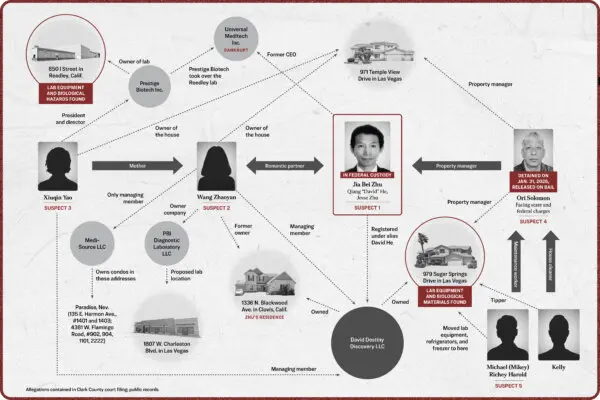BURNSVILLE, N.C.—Nestled in the mountains of Yancey County in western North Carolina, Burnsville looks like a town that might feature in a Norman Rockwell painting or a Hallmark Christmas movie.
Even before Thanksgiving, the town square was decorated for Christmas. Antique shops, cafes, and coffee houses dot Main Street, bustling with activity. On the surface, it appears to be a typical holiday season, but all is not as it seems. Two months after Hurricane Helene struck the region, Burnsville and Yancey County are still on a long path to recovery.










